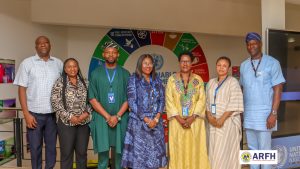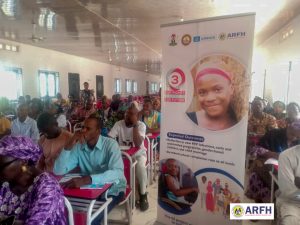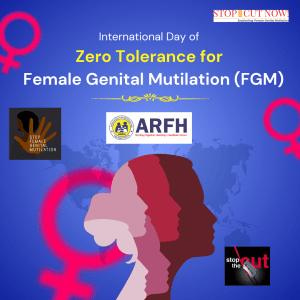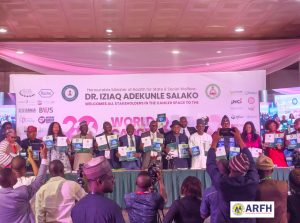Today is World Malaria Day, and the theme for the 2023 celebration is “Time to deliver zero malaria: invest, innovate, implement”.
As a community of practice, the Association for Reproductive and Family Health (ARFH) works with national and global health partners to deliver zero malaria through implementation by reaching marginalized populations with available tools and strategies.
In marking the day, the World Health Organisation rolled out statistics on malaria infection, showing that despite global efforts to end malaria, it has continued to kill, while the largest casualties are in Africa.
Within this theme, WHO will focus on the third “i” – implement – and notably the critical importance of reaching marginalized populations with the tools and strategies that are available today—a strategy that the ARFH has also keyed into as a community of practice.
The latest World Malaria Report shows that the WHO African Region bears a high percentage of the global malaria burden, with Nigeria having the highest burden in the world.
In 2022, the African region was home to approximately 95% of all malaria cases and 96% of deaths, with children under the age of five accounting for 80% of all malaria deaths.
Four African countries, including Nigeria, accounted for over half of all malaria deaths worldwide. Nigeria alone accounted for (31.3%) of global malaria deaths, followed by the Democratic Republic of the Congo (12.6%), the United Republic of Tanzania (4.1%), and Niger (3.9%).
In Nigeria, malaria remains a significant public health challenge with an estimated 97 million cases and 300,000 deaths annually.
Although progress has been made in reducing the burden of this disease, much work still needs to be done to eliminate it.
In line with World Malaria Day in 2023, ARFH believes that it is crucial to assess where we are and what we can do to accelerate progress towards a malaria-free Nigeria.




